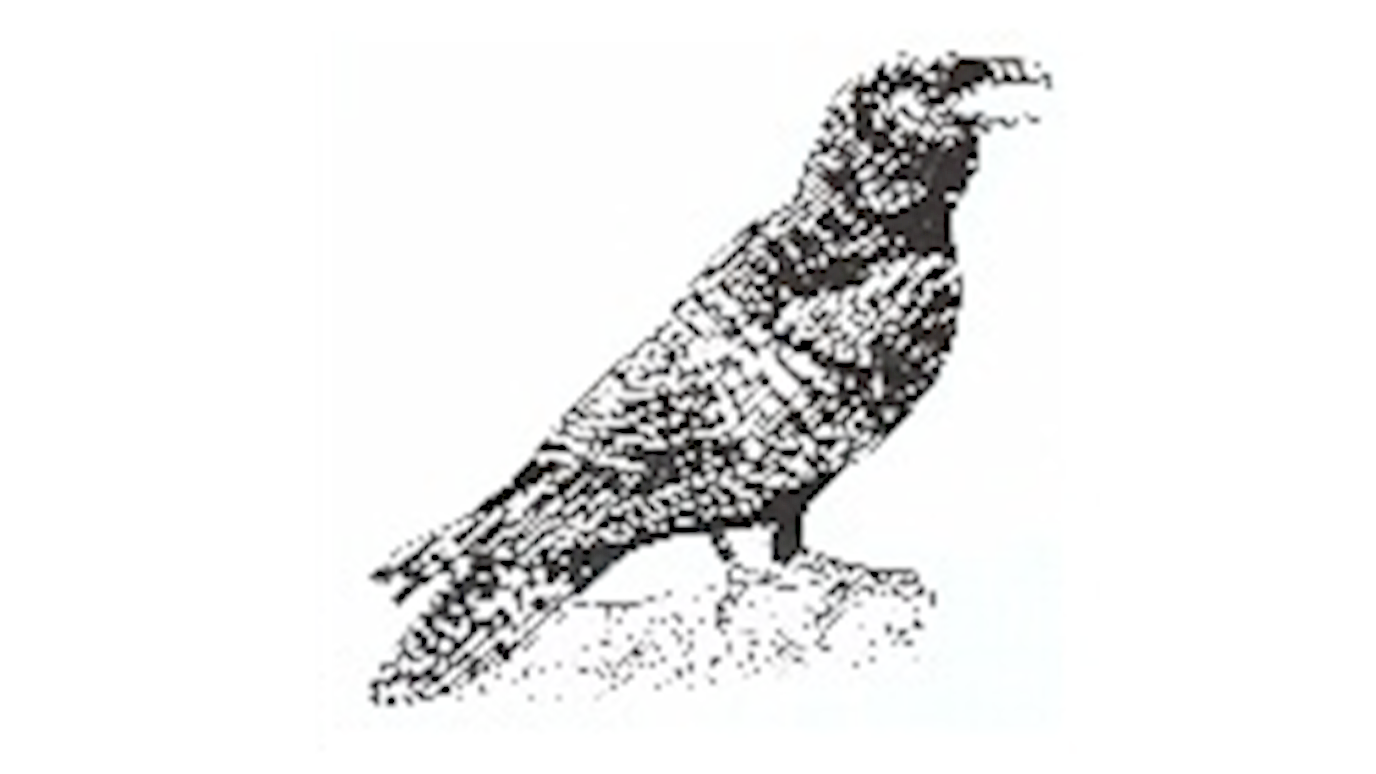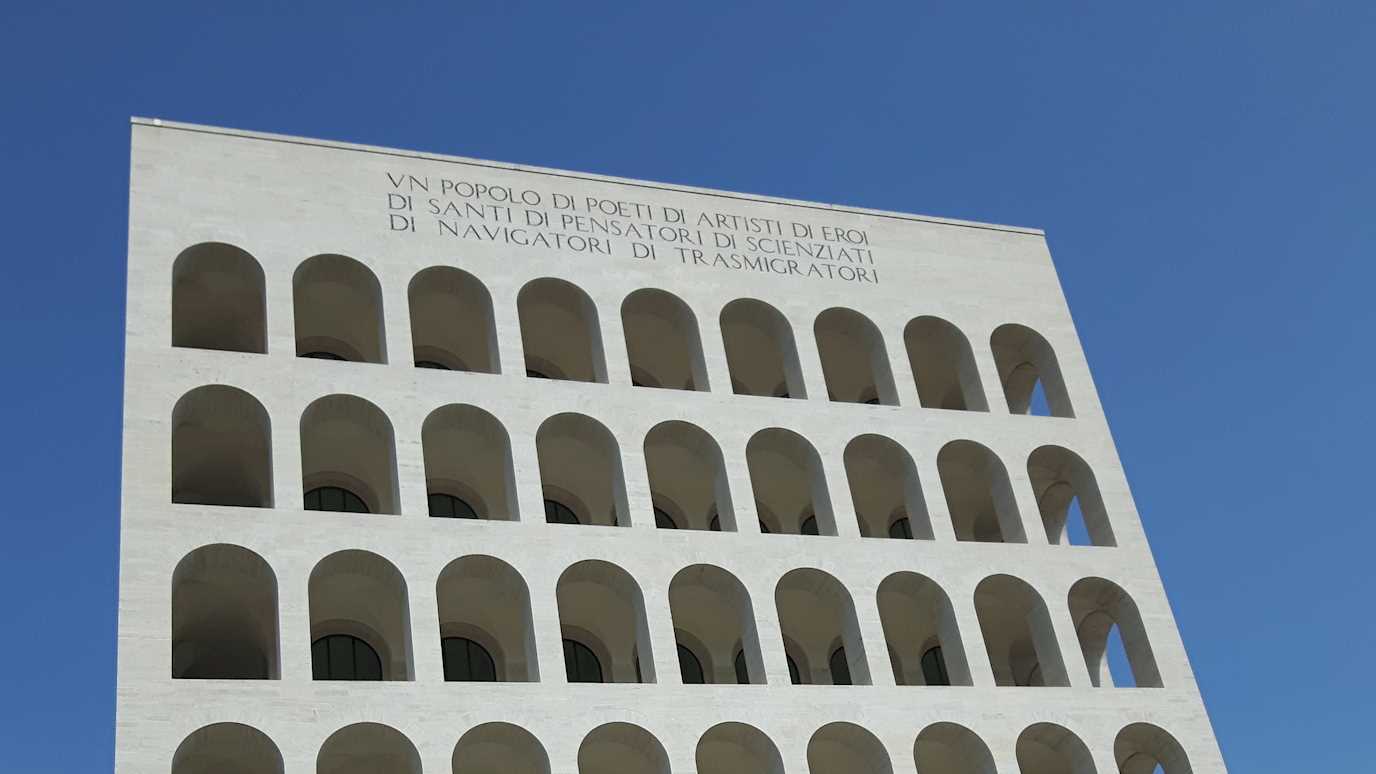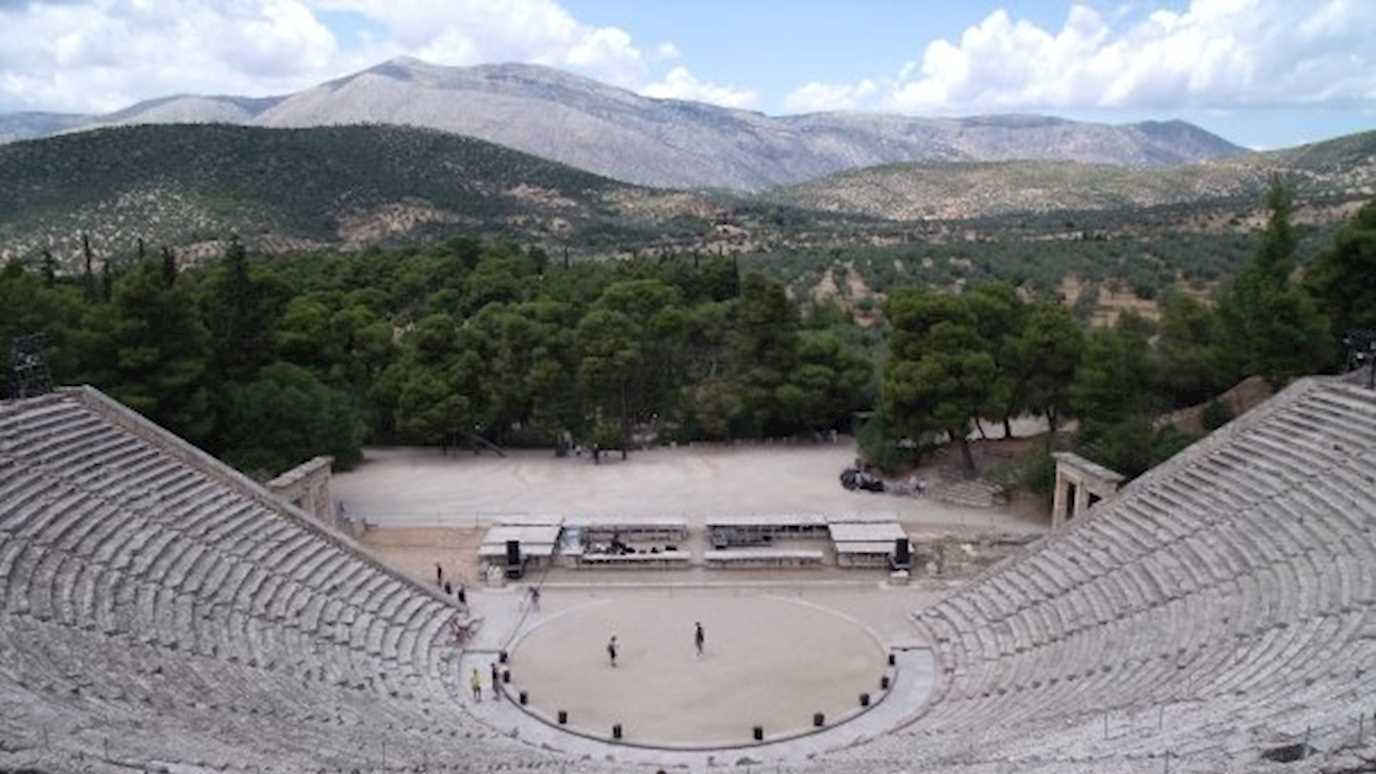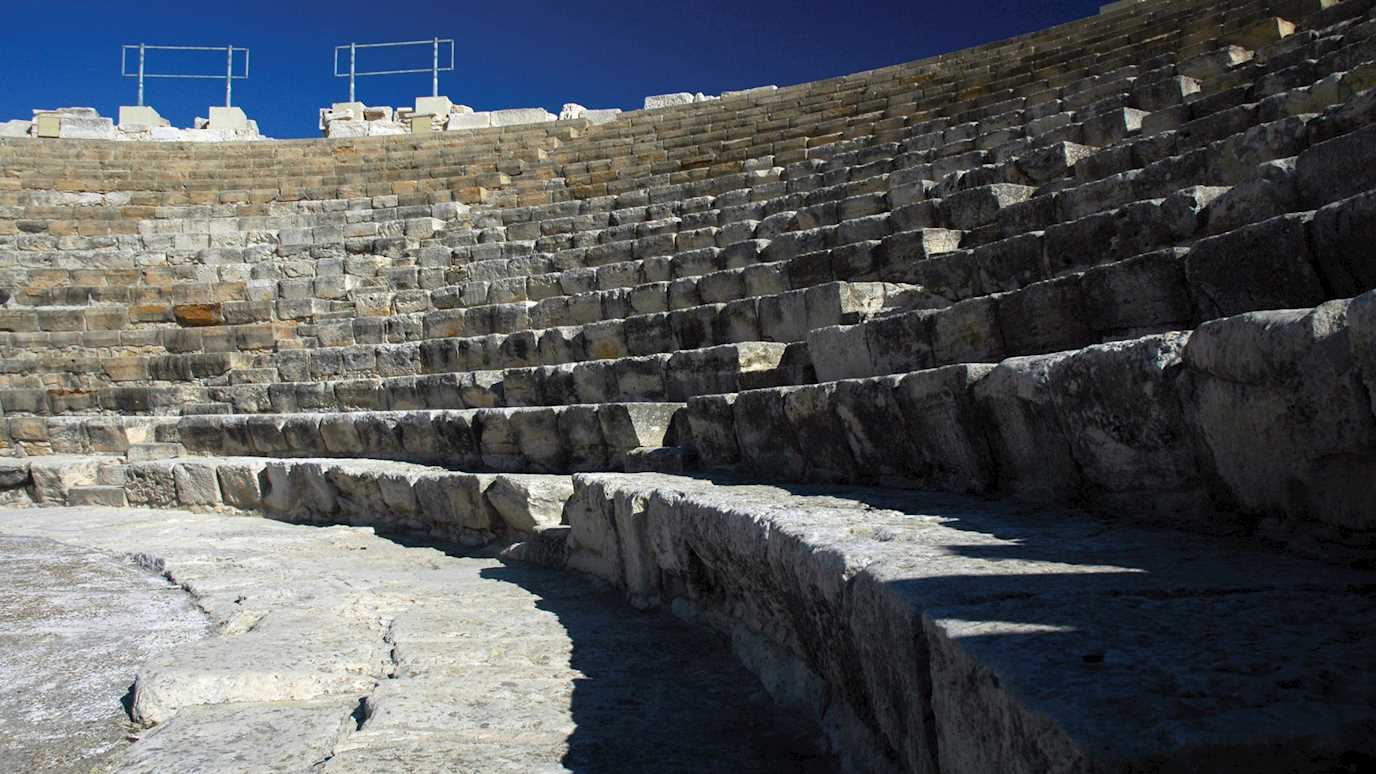Few aspects of the Classical tradition are more visibly alive and of more contemporary relevance than the art of persuasion. Across the world, from Japan, Korea, Sri Lanka and South Africa to the nations in South America, the legacy of Roman law and the Greco-Roman forensic rhetorical tradition continues to influence politics and legal procedures to this day. This also means that the shared Classical tradition can be harnessed as a means of enhancing international communication across cultural and political boundaries. Likewise the Greco-Roman rhetorical theorists and practitioners continue to inspire modern speech-writers, strategists and politicians. Similarly, the homiletic traditions of the three major Abrahamic religions have been influenced by the reception of Graeco-Roman rhetoric.
Equally important, the analytical tools and methods developed by Greek and Roman rhetoricians have significant, untapped potential to hone modern citizens’ ability to subject political argumentation to critical analysis. In an era where populism and autocratic tendencies are challenging democratic constitutions on several continents, this kind of civic empowerment is more important than ever.
In the Centre for Oratory and Rhetoric we provide a research-led postgraduate programme, the MRes in Rhetoric, which seeks to equip professionals from different backgrounds with the tools developed in the discipline of Classical rhetoric that will enable them to become more effective communicators. Among our students, past and present, are political communications specialists, healthcare professionals, lawyers and civil servants.
The current research of our members encompasses studies on the resolution of internal and external conflicts including amnesty and international relations. A particular area of strength is the study of rhetorical techniques aiming at evoking emotional responses in the audience in political and forensic oratory. Among these techniques are the strategic selection of historical parallels and the projection of character and authority by the speaker. Character projection in classical oratory has recently been the theme of an international conference jointly organised by Professor Noboru Sato (Kobe, Japan) in collaboration with COR (March 2021). Other COR events include workshops on “Law and Advocacy ancient and modern”, along with a seminar series entitled “Virtual Get Togethers on Rhetoric” (June-July 2021). The series is organised by COR and the International Society for the History of Rhetoric, featuring papers delivered by leading international experts.
A central preoccupation in the ancient debates on rhetoric is its potential for deception and manipulation of the audience, as well as the way in which rhetorical analysis may inoculate audiences against this danger. The rhetorical deployment of evidence as well as appeals to emotions and the cognitive functions that facilitate manipulation and deception are another area that is explored by members of COR.
The classical legacy of forensic oratory is very much in evidence at the International Military Tribunal in Nürnberg (1945-1946), which constitutes the foundation of modern international criminal justice. COR in cooperation with RHUL’s Holocaust Research Institute is developing an international research project on the reception of Classical forensic oratory and legal argumentation as deployed by participants in the proceedings. Building on two successful interdisciplinary workshops (2017, 2018), we are exploring the extent to which the classical rhetorical tradition informed the rhetorical strategies not only of the US, British, French and Soviet prosecution teams, but also the defence teams acting for the German and Austrian defendants. The ultimate aim of our project is to demonstrate the potential of the enduring shared classical rhetorical heritage for facilitating cross-cultural communication in the context of international criminal justice.
COR works closely with the International Society for the History of Rhetoric, including holding joint events, such as the 2022 Summer series on Rhetoric.

























